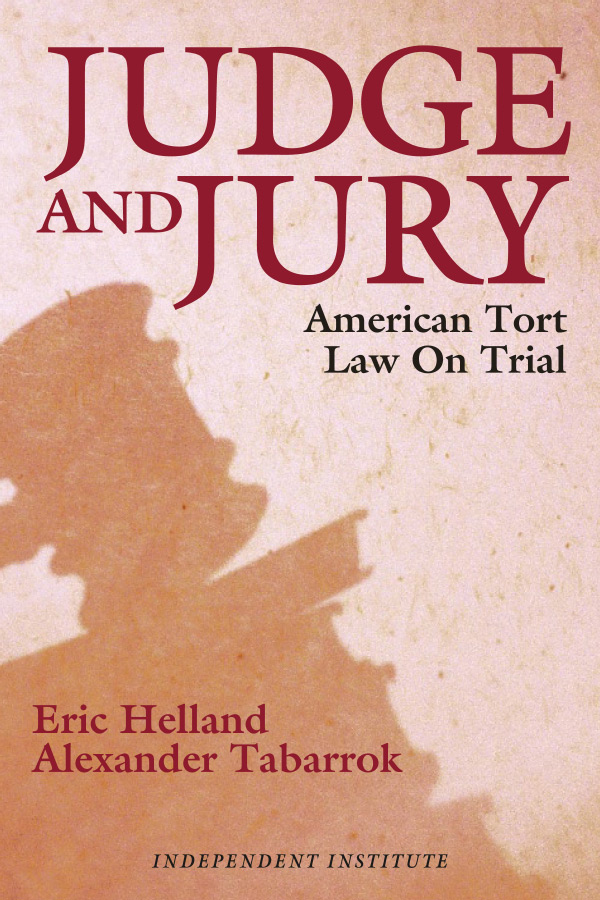The Food, Drug and Cosmetics Act of 1938 with amendments in 1962 is inconsistent regarding FDA certification of a drug’s efficacy. The act requires efficacy certification for the drug’s initial (“on-label”) uses, but does not require certification before physicians may prescribe for subsequent (“off-label”) uses. Are there good reasons for this inconsistency? Using a sequential online survey we carried on a “virtual conversation” with some 500 physicians. The survey asked whether efficacy requirements should be imposed on off-label uses, and almost all physicians said no. It asked whether the efficacy requirements for initial uses should be dropped, and most said no. We then gently challenged respondents asking them whether opposing efficacy requirements in one case but not the other involved an inconsistency. In response to this challenge we received hundreds of written commentaries. This investigation taps the specialized knowledge of hundreds of physicians and organizes their insights into challenges to the consistency argument. Thus, it employs a method of structured conversations with experts to test the merit of an argument. Is the consistency argument a case of “foolish consistency,” or does it hold up even under scrutiny?
Do Off-Label Drug Practices Argue Against FDA Efficacy Requirements?
Testing an Argument by Structured Conversations with Experts
Alexander T. Tabarrok is Senior Fellow at the Independent Institute, Assistant Editor of The Independent Review, and Associate Professor of Economics at George Mason University.
Daniel B. Klein is a Research Fellow at the Independent Institute and Professor of Economics at George Mason University.
Comments
Before posting, please read our Comment Policy.












